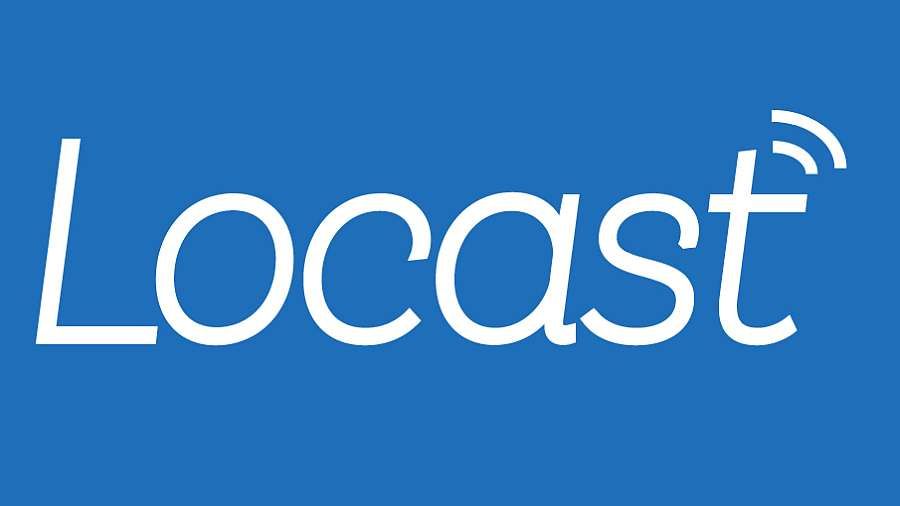AT&T: Locast Is Option If There Is CBS Blackout

The smarter way to stay on top of broadcasting and cable industry. Sign up below
You are now subscribed
Your newsletter sign-up was successful
AT&T was talking tough Friday as a retrans blackout with CBS loomed, including steering subs to the Locast over-the-top TV station streaming service as one option to preserve access to TV station signals if there is an extended outage.
"If CBS pulls its channels tonight," said AT&T, "the vast majority of our TV homes in thousands of different cities will continue to receive their local CBS station the same as before. For customers who do not, CBS shows also remain available in many affected cities through the new Locast app on DirecTV Genie and Uverse internet-connected receivers. We are also able to offer our customers an innovative product called Local Channel Connector that can put local broadcast station signals into the program guides of many DirecTV customers with Genie receivers."
And with an ominous note for sports fans, or for the potential length of a blackout, AT&T added "Both of these options could be helpful for football fans if CBS’ removal carries on into the college and pro seasons."
Also Read: As Blackout Looms, AT&T Says CBS Refused Offer
DirecTV's current impasse with Nexstar was still going on at press time.
Locast is the free, nonprofit, online TV station streaming service that uses a legal carveout for nonprofit retransmissions to avoid having to pay a copyright fee or get permission from broadcasters, though some are apparently glad to get the extra eyeballs.
"We’ve been marching westward, and we couldn’t be more excited that we’ve hit the Pacific,” said David Goodfriend, founder of Locast, on its recent expansion into the L.A and San Francisco markets, both of which would be in play in a CBS impasse.
The smarter way to stay on top of broadcasting and cable industry. Sign up below
The coalition had long argued that blackouts and escalating ticket prices and rights fees are sports-consumer unfriendly and needed some kind of redress. That was part of the impetus behind Locast.
Also Read: Locast: Everything You Need to Know
Locast.org started in New York and has been growing steadily, adding top 20 markets as well as the most recent rural expansion, without any push back from broadcasters usually fiercely defensive about rights to their signals. Currently, the stats according to Locast are that it is available in 13 cities representing 31% of the U.S. market and almost 35 million homes.
One theory is that with networks charging reverse comp while also striking deals to put their network programming on streaming services, arguably reducing its value to TV stations counting on the ads they place in their versions of the programming, some stations are OK with getting the extra eyeballs via Locast, which includes their local advertising. Another theory is that broadcast lawyers recognize that Locast is on solid legal footing with the carveout so long as it remains a nonprofit. If so, a legal challenge would only be spending money on lawyers to get a court to declare the service is legal.
Locast had no comment on whether and what size bump its service got from either the Nexstar or CBS blackouts on DirecTV, with a spokesperson saying they were still colleting data at press time.
Contributing editor John Eggerton has been an editor and/or writer on media regulation, legislation and policy for over four decades, including covering the FCC, FTC, Congress, the major media trade associations, and the federal courts. In addition to Multichannel News and Broadcasting + Cable, his work has appeared in Radio World, TV Technology, TV Fax, This Week in Consumer Electronics, Variety and the Encyclopedia Britannica.

